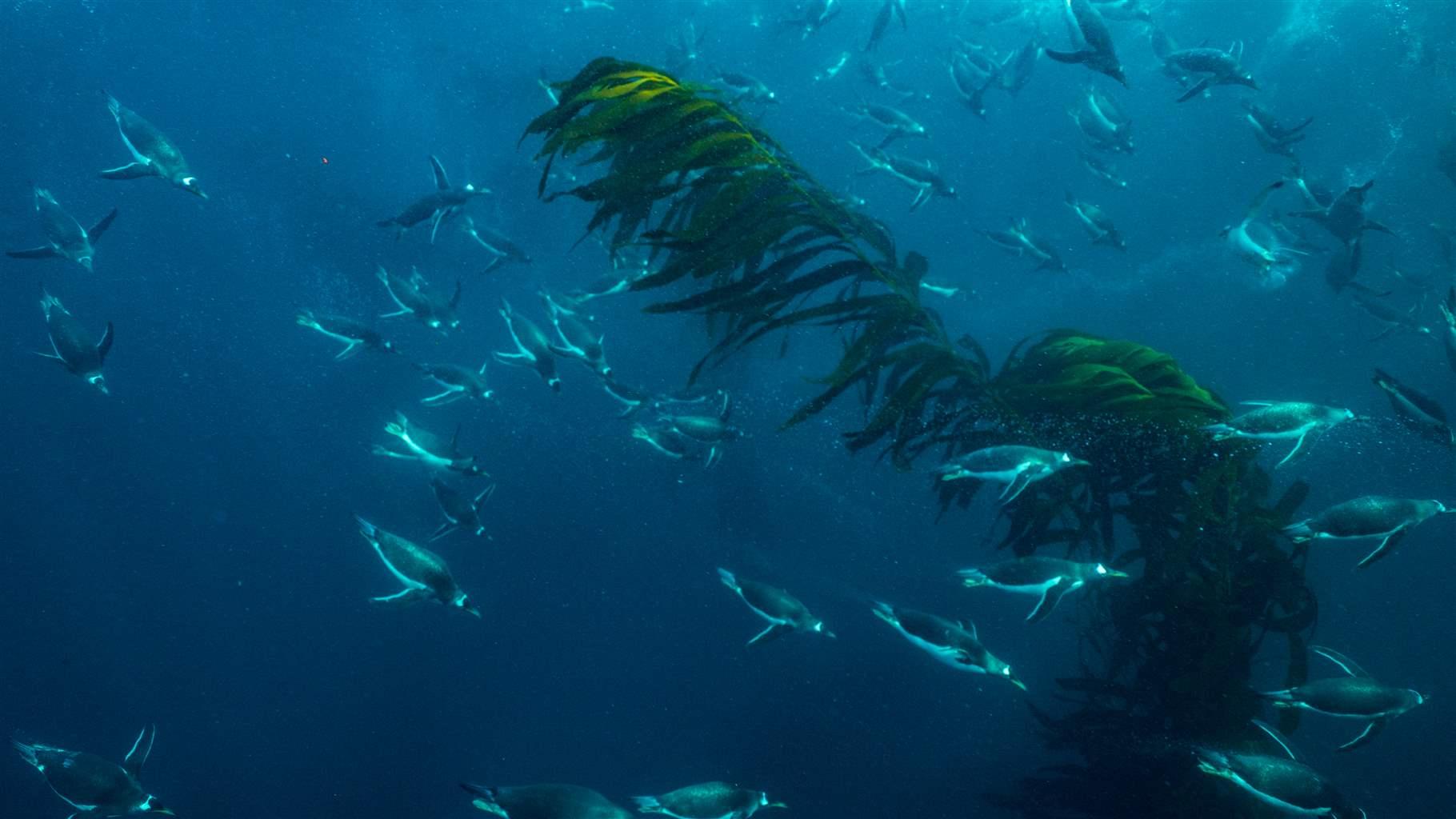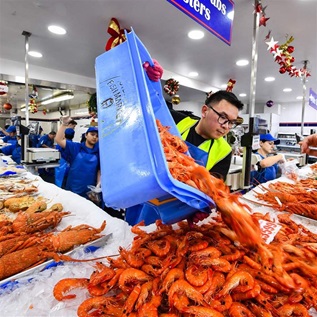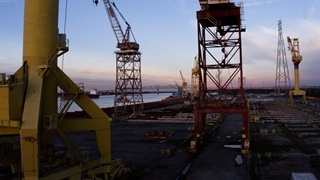At G7, U.K. Urges Increase in Global Ocean Protections
Safeguarding 30% of seas by 2030 would help wildlife, fisheries, and economy

It’s rare that a world leader could make significant news at a major summit without drawing media attention, but that’s exactly what happened this week at the Group of 7 (G7) meeting in Biarritz, France.
During remarks at the close of the summit, British Prime Minister Boris Johnson said that the Aichi targets—goals set nearly a decade ago as part of the United Nations’ Strategic Plan for Biodiversity—must be “replaced with new, more ambitious targets to help us get back the biodiversity that this planet is losing, and has lost.” The United Kingdom Department of Environment has since emphasized how the prime minister urged countries at the G7 to back Britain’s call to protect 30 percent of the world’s ocean by 2030. Fortunately, a roadmap for just such an ambitious target has existed since 2016, when the International Union for Conservation of Nature first issued the science-based 30-by-2030 recommendation to restore and strengthen the health of our marine environment.
Along with urging other world leaders to embrace marine conservation, Johnson is showing his eagerness to extend the U.K.’s global leadership on ocean protection. Since announcing its Blue Belt policy in 2015, which aims to safeguard 4 million square kilometres of British ocean territory, the U.K. has designated a massive marine protected area (MPA) in the Pitcairn Islands and enhanced protections for the remote South Sandwich Islands. It has also established a network of MPAs around Great Britain. As a result, the U.K., in partnership with its Overseas Territories, is very close to fully protecting 30 percent of its waters.
And there are encouraging signs of more action on the horizon: Last week the Ascension Island Council committed to designate 100 percent of its ocean territory as an MPA, in which commercial fishing and mineral extraction will be prohibited.
By protecting the ocean on this scale, the U.K.’s leadership is recognizing the critical role that the marine environment plays—providing food, regulating the climate, and adding GBP 1.2 trillion (USD 1.5 trillion) to the value of the global economy annually—in making life as we know it possible. The U.K.’s progress in ocean protections is very welcome, yet to secure the future health of our oceans, countries around the world must adopt the 30 percent target and protect more of their marine domain.
At the G7, Boris Johnson made important conservation news. It is up to other world leaders to ensure that this story doesn’t end here.
Johnny Briggs works on the Pew Bertarelli Ocean Legacy Project’s efforts in the U.K., based in London.












